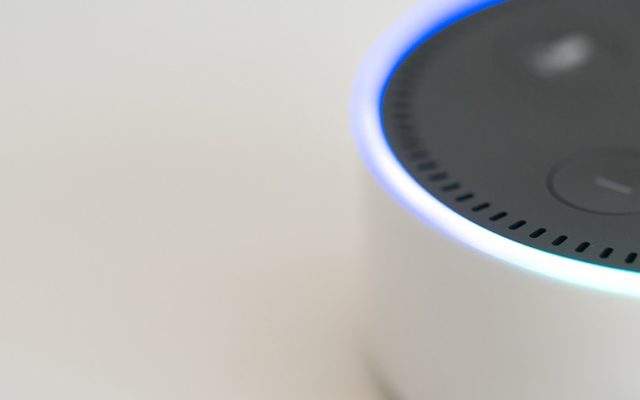Modern technologies have given rise to smarter, more efficient devices. Things like the Amazon Echo, for instance, will allow you to carry out a multitude of actions and interact with a variety of other smart devices. You can control all your smart home gadgets from Alexa with just your voice. But what of the risk?
But as devices become smarter, the data they collect becomes both more sensitive and more dangerous. Consider a smart home thermostat, such as Google’s Nest. The smart thermostats have a unique feature that can control the temperature in your home automatically. It learns your preferences and then will adjust the temperatures itself based on your schedule. This is convenient for sure, but for the process to take place, a variety of data is being collected, parsed and processed.
This information the device collects may seem harmless by itself, but in the wrong hands, it can be very dangerous. Someone unscrupulous could use this data to build a profile of your movements to discern the best time to rob or break into your home. All they would need to do is see when you leave for work, when you head home and how much time is in-between those periods.
According to Gartner, by 2020, the number of connected devices will surpass 21 billion. What should concern you about this growth of connected and “smart” devices is the growing risk of attack.
Security Is a Major Concern, but Not Always for What You Think
While sensitive information and personal data is a hugely lucrative component for hackers to target, it’s not the only reason they might go after your smart home or connected devices. Unsecured devices with access to the internet can be used to participate in large-scale DDoS attacks on other systems. It’s happened before, involving cameras, DVRs and other equipment, and it will happen again.
A DDoS or Distributed Denial of Service attack is basically a huge and relentless surge of data meant to cripple the targeted system. A target server may experience so much incoming data that it slows or downright crashes — it can bring even the most capable of servers to their knees.
The point for this article is simply that your smart home and connected devices are at risk of being used, unbeknownst to you, to carry out attacks on other systems or targets.
So, while security is a major concern, yes, it may not always be for the reason you are thinking — it’s not always about your sensitive data or information being at risk.
More Data Going out Means More Parties With Access
Did you know that Congress recently voted to allow ISPs or Internet Service Providers the option to spy on and sell their customer’s internet usage data? In short, that means any browsing you do on a computer or smartphone in the home can be shared without your consent. But it doesn’t stop there. Any smart devices that also connect to the internet collect and transmit usage data, which can also be scooped up by your ISP and sold to the highest bidder. They can see things like what you’re doing, when you’re doing them and maybe even who you’re doing them with.
But what’s scarier about this is that there’s another party involved here with access to all that sensitive information. Even if — and that’s a big if — you have the resources to protect and secure all your own data, there’s no guarantee your ISP will do the same. Essentially, they are another target or vulnerable source that hackers could go after for information.
What kind of information is at risk of being stolen or seen? Well, the content is a lot more personal and sensitive than you may think. ISPs can see the domains their customers visit, web searches and usage history as well as various other activities like online purchases. This can be done regardless of whether or not a connection is encrypted with HTTPS or if a user has a VPN deployed.
It goes to show that just having the devices operational and transmitting data is dangerous and opens you up to many vulnerabilities.
Should I Avoid Smart Home Devices Altogether?
This brings us to the penultimate question: Should you avoid smart home and connected devices completely? The answer is no, not necessarily. The most important thing you should take away from all this is that these devices can be used against you, and they’re always collecting sensitive data and information. As long as you understand this, you can better protect and prepare for the potential issues.
It’s probably not a smart idea to deck your entire home out in connected gear, but one or two devices is not going to be detrimental. Just be safe and smart about how you use them. There are things you can do to make both your network and any devices connected to it more secure.
You can also use tools like the IoT Scanner from Bullguard to see what devices are available publicly.
Article by channel:
Everything you need to know about Digital Transformation
The best articles, news and events direct to your inbox
Read more articles tagged: Cyber Security, Featured, Hacking, Ransomware







